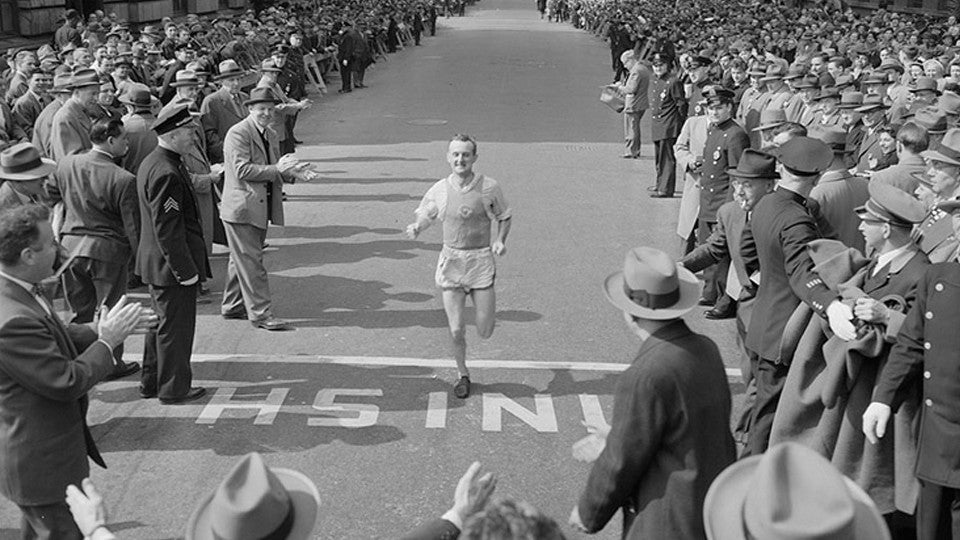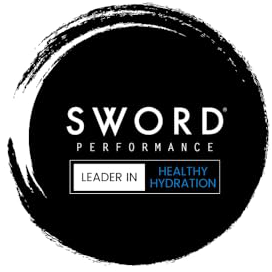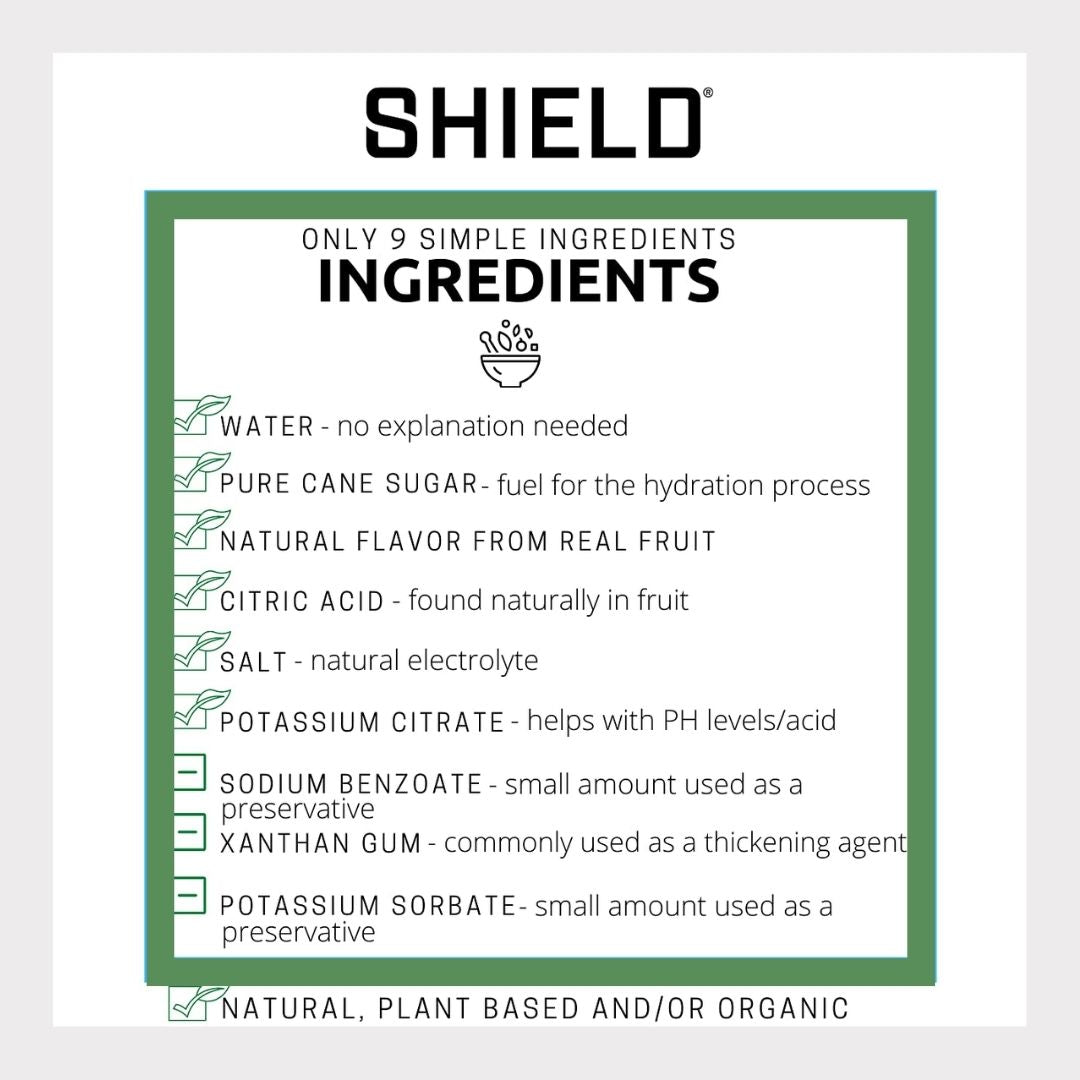
A Brief History of the Sports Drink: Carbohydrates

In this series, Dr. Scott Black reviews the changing tides of scientific thought. How did the founders of Sword arrive at their formula? Through careful analysis of past work in the study, and through their own work in the field.
Carbohydrates: Research in Review
The importance of consuming carbohydrate during prolonged strenuous exercise was first clearly demonstrated in two classic JAMA articles published by Levine, Gordon et al. in 1924 and 1925. . During the first study, runners competing in the Boston Marathon had their blood sugar levels checked before and then immediately after the race. All of the runners had normal glucose values prior to the marathon but several had abnormally low values following the event. The descriptions of the physical appearance of those runners with low blood sugars included “very poor," “irritable," “shocked," and “stuporous."
The following year, these researchers repeated this study with one important change: They provided all of the runners with a sugar-sweetened drink during the run. All of the supplemented runners maintained normal blood glucose values and the post-race descriptions ranged from “good” to “very good."
One of the early studies performed during the development of Gatorade proved the benefit of carbohydrate supplementation during exercise (Cade, et al. 1972). Runners were tested on an outdoor track while consuming either nothing, water only, or a carbohydrate-electrolyte drink. The runners consuming the carbohydrate-electrolyte solution consistently ran longer and faster than those consuming nothing or only water.
Since the early 1970’s, athletes and researchers have been very interested in the beneficial effects of carbohydrate during strenuous exercise. There have been literally hundreds of studies that supported these benefits. Two major meta-analyses (Bandenbogaerde and Hopkins, 2011; and Temesi, Johnson et al, 2011) concluded that carbohydrate ingestion during exercise can improve exercise performance from 2% to as much as 7.5%.
Carbohydrates: Sword's Conclusions
Our conclusion is that there is very little controversy regarding the benefit of carbohydrate ingestion during exercise. We believe that there is sufficient evidence to recommend consuming at least 60 – 80 grams of carbohydrate per hour during prolonged exercise.









